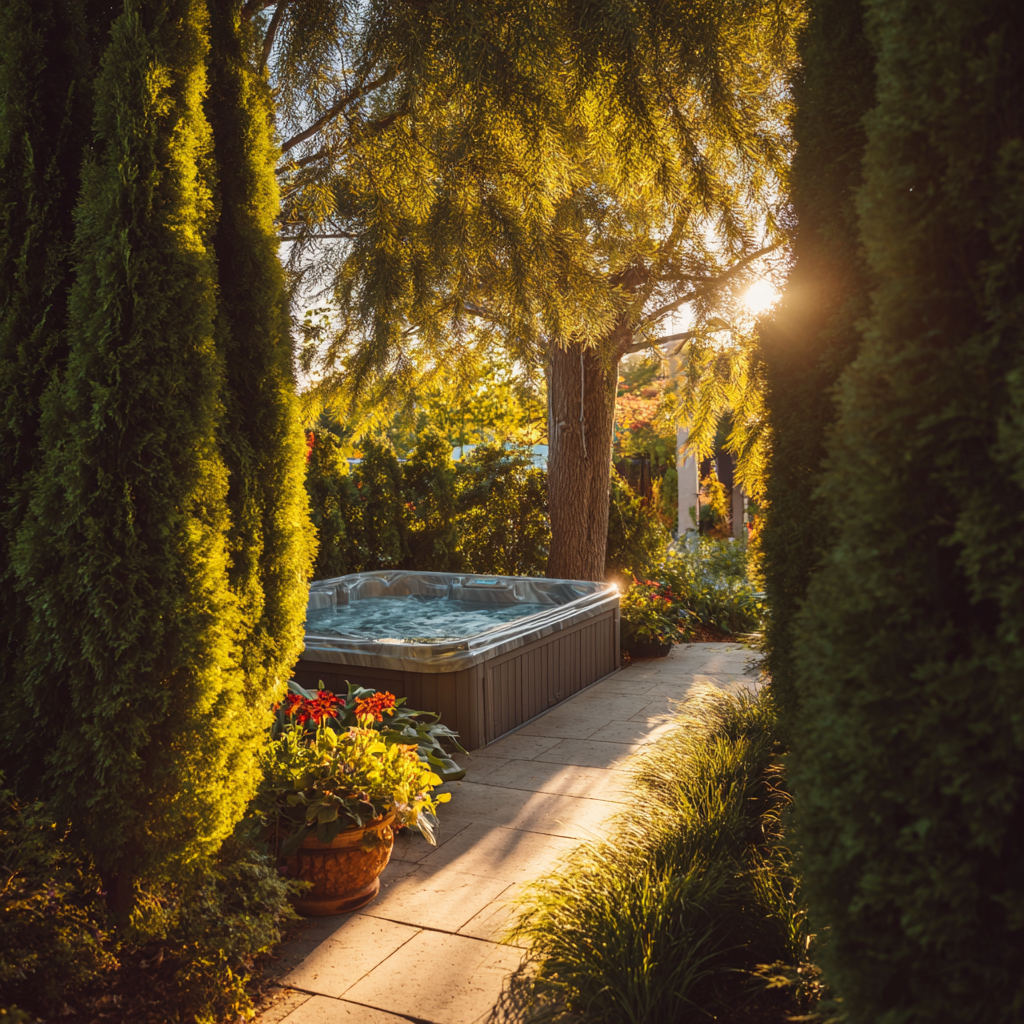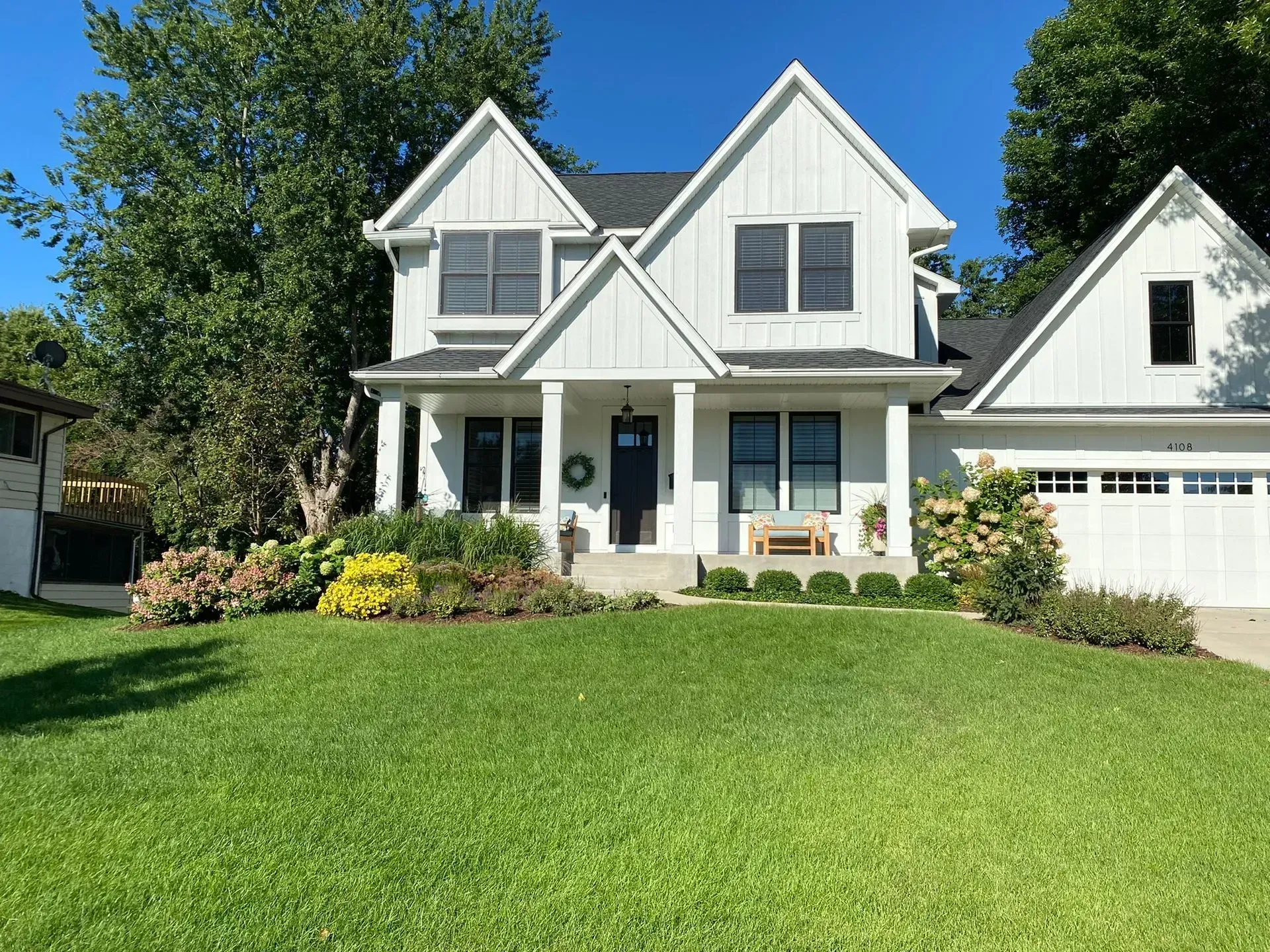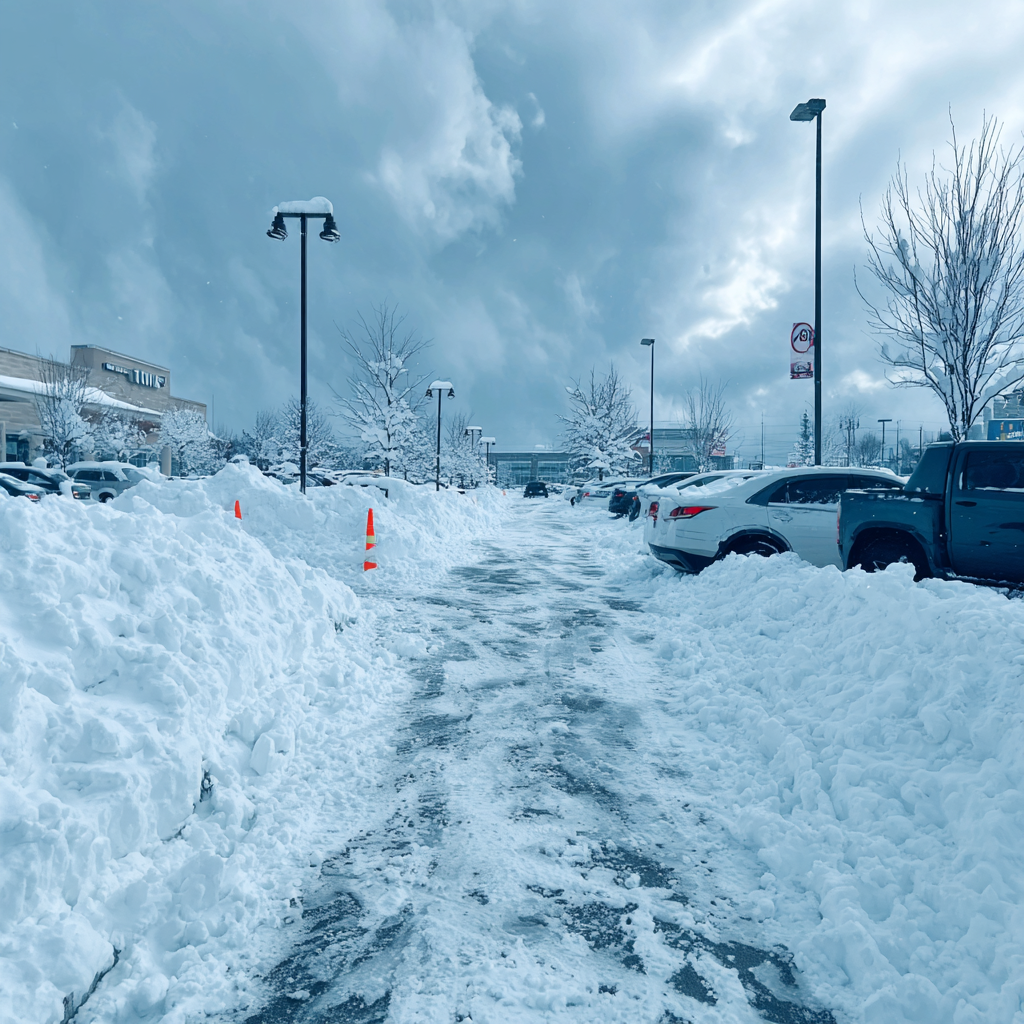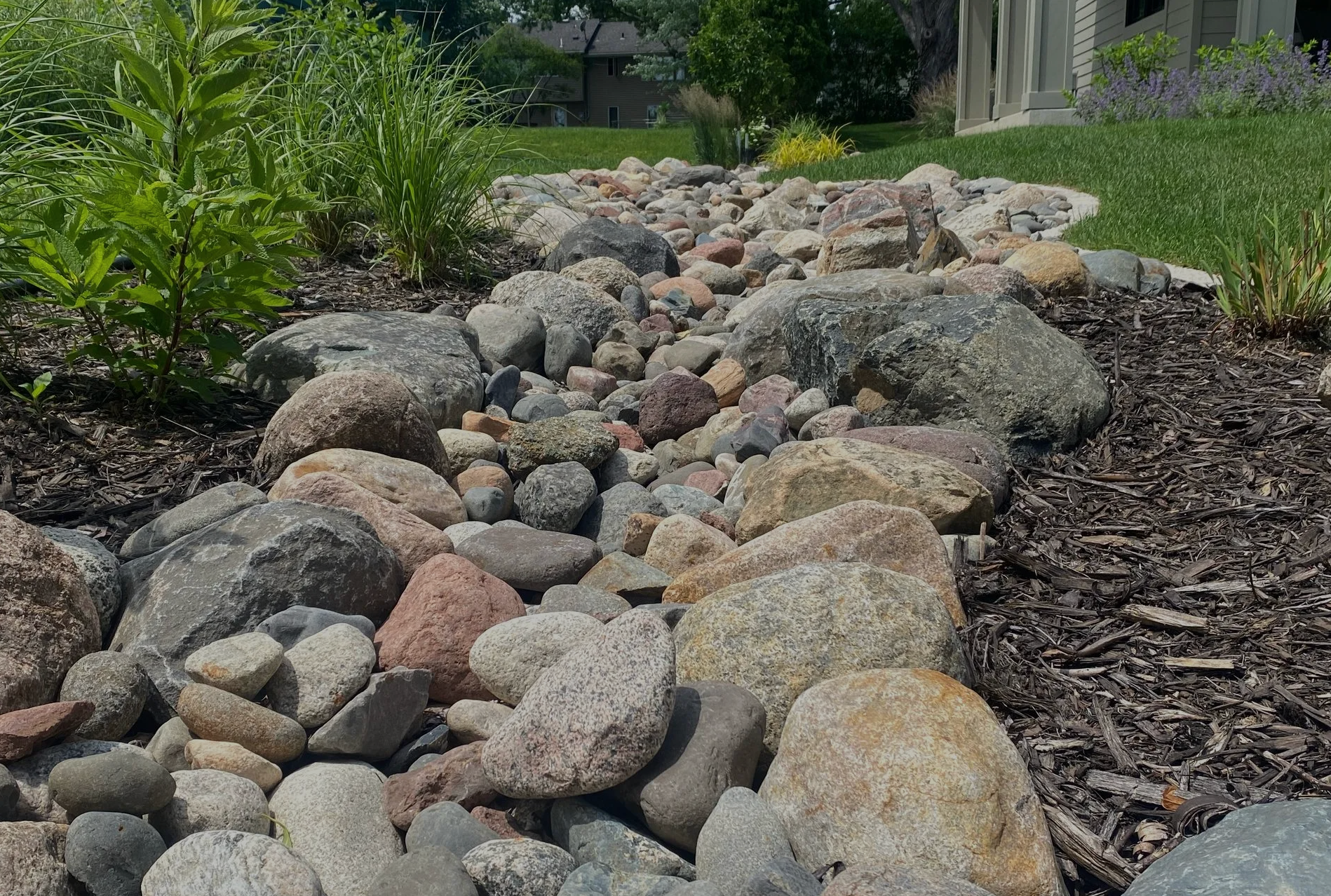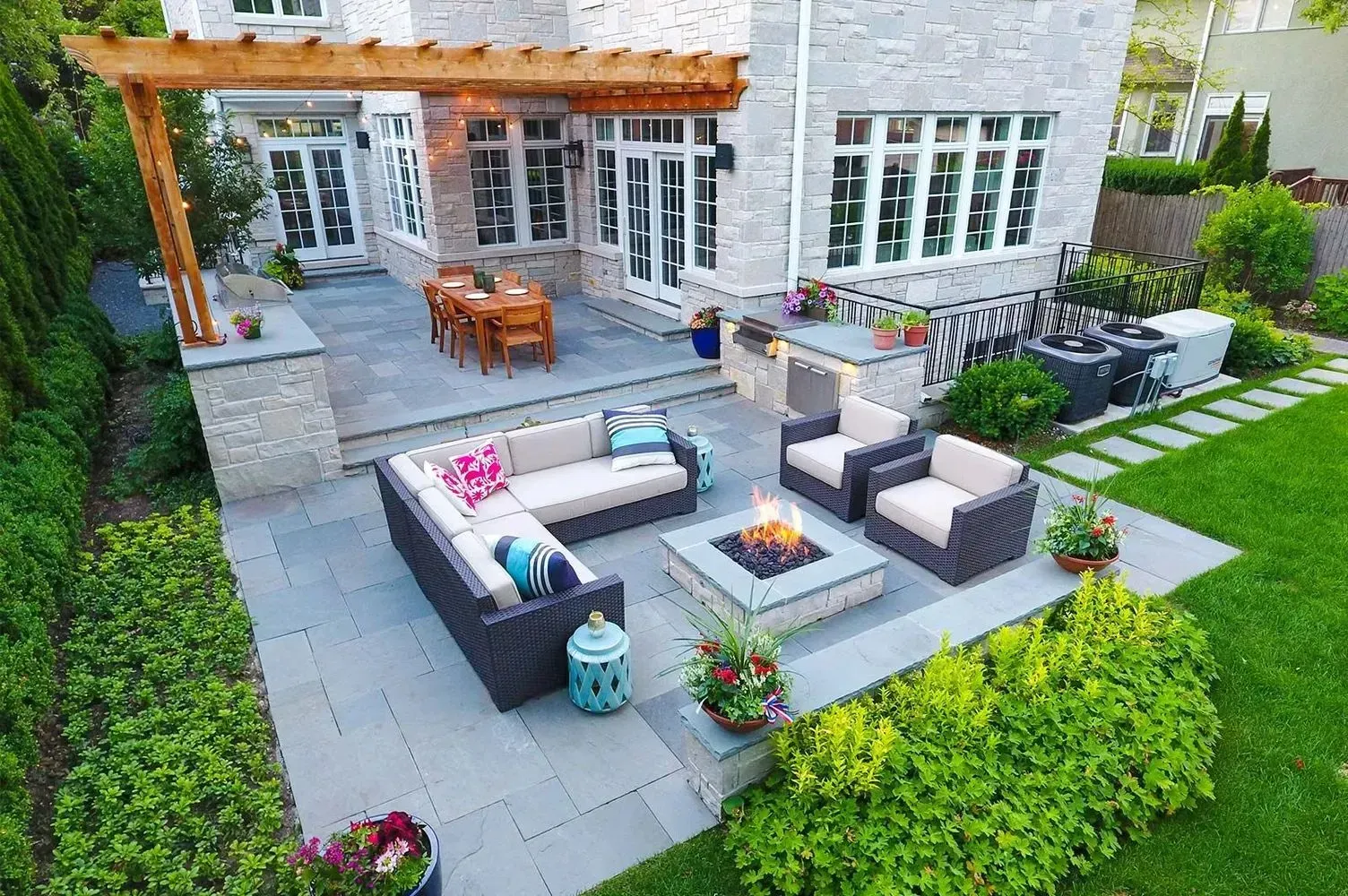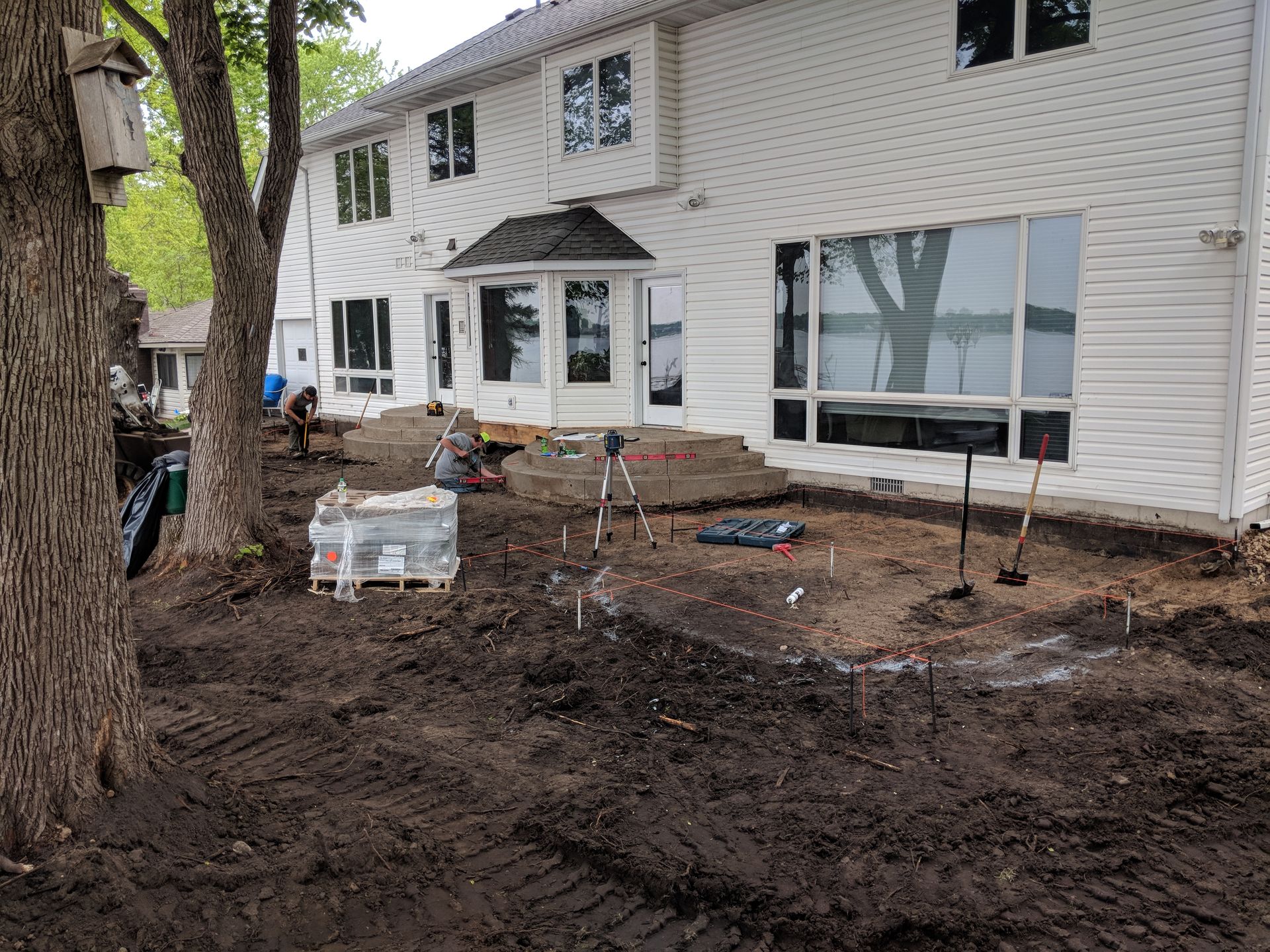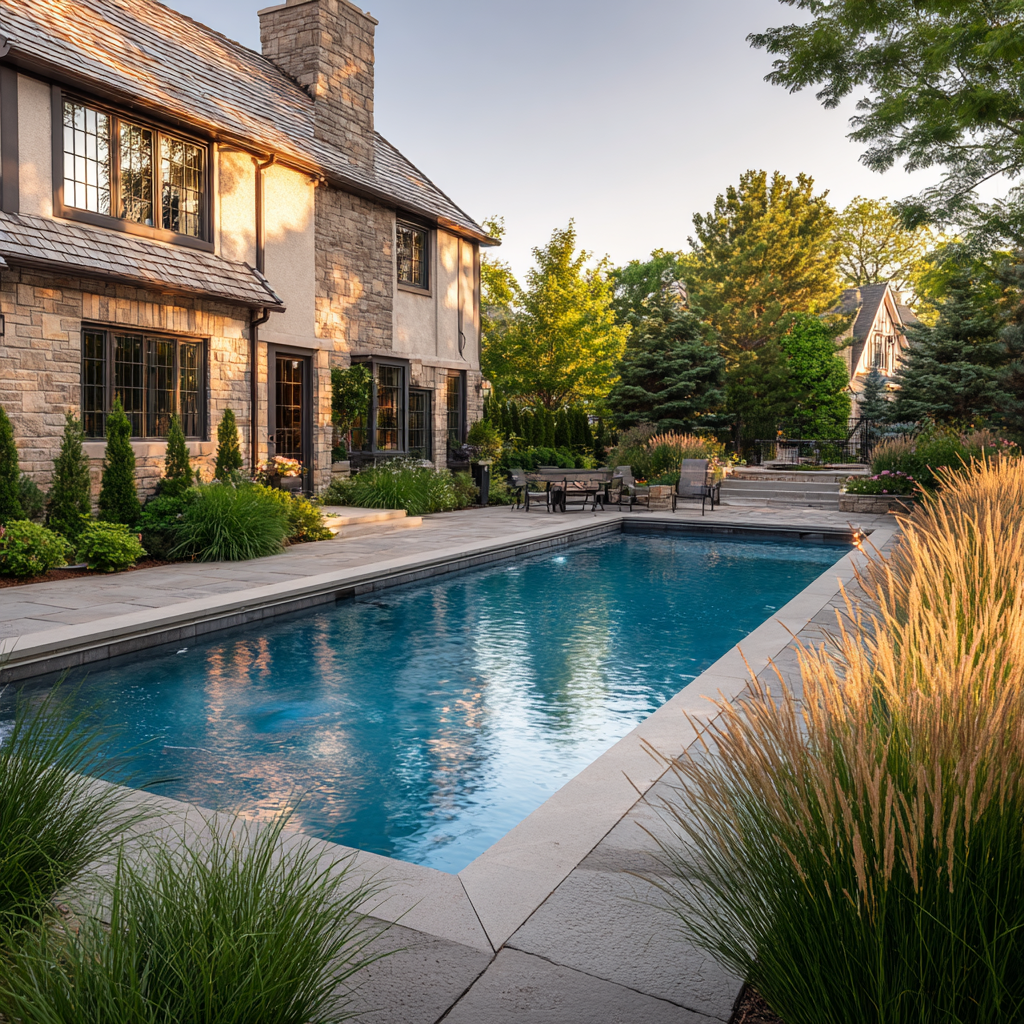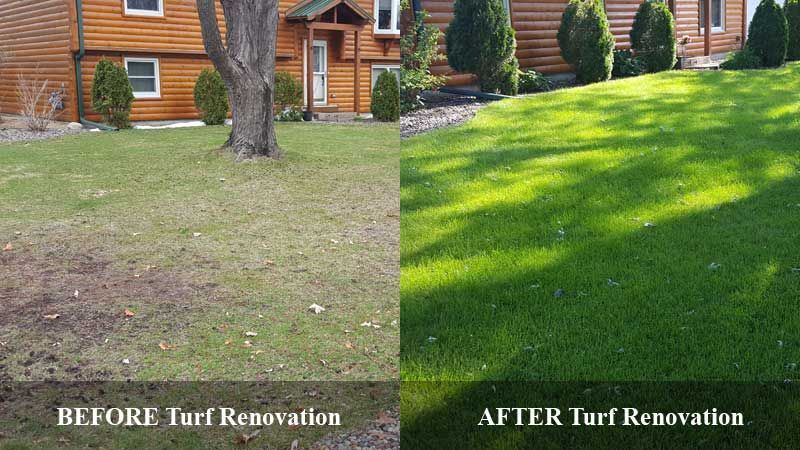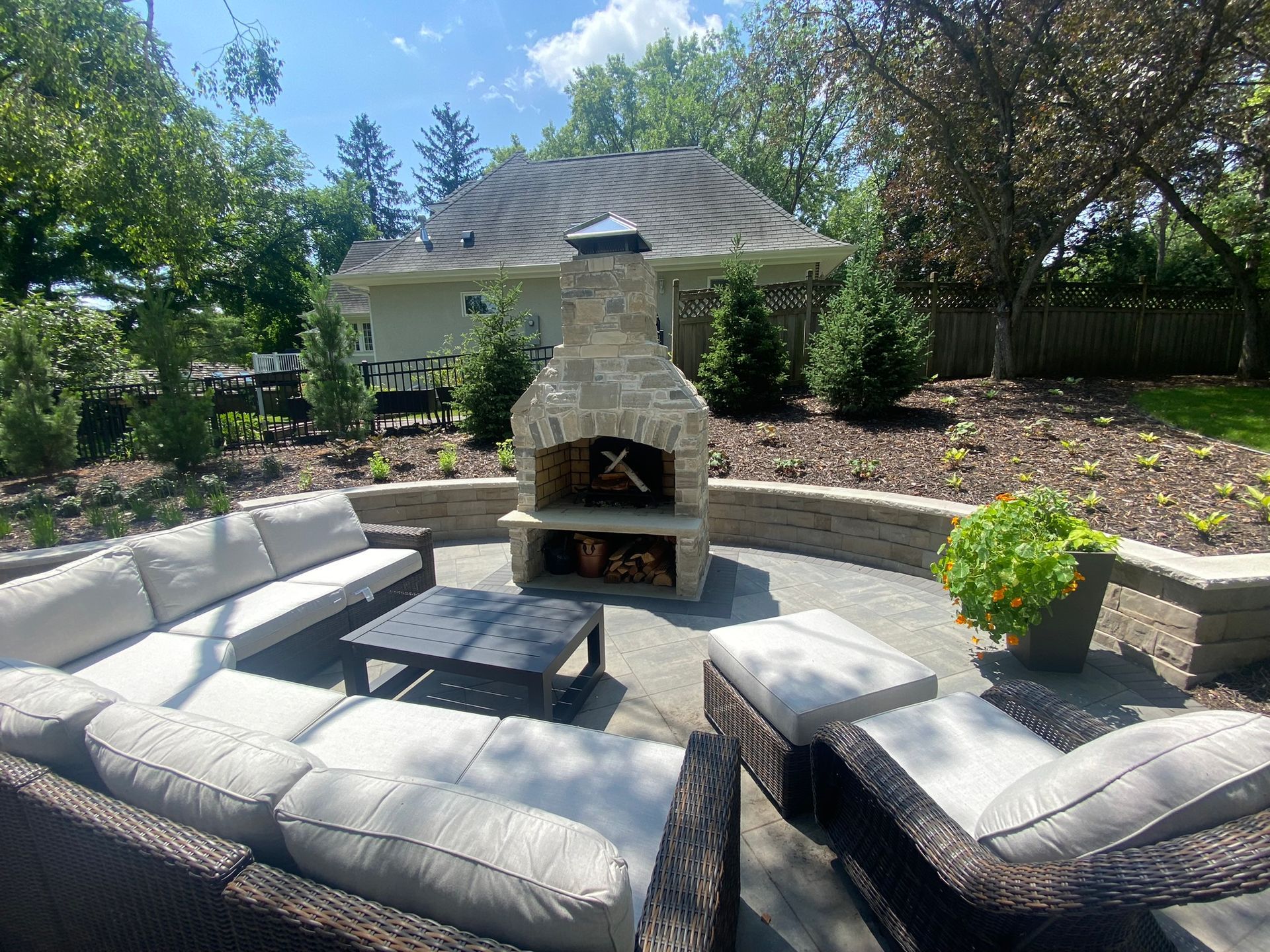Paver Patterns Explained: Choosing the Right Design for Your Space
Transform Your Outdoor Space with Paver Patterns
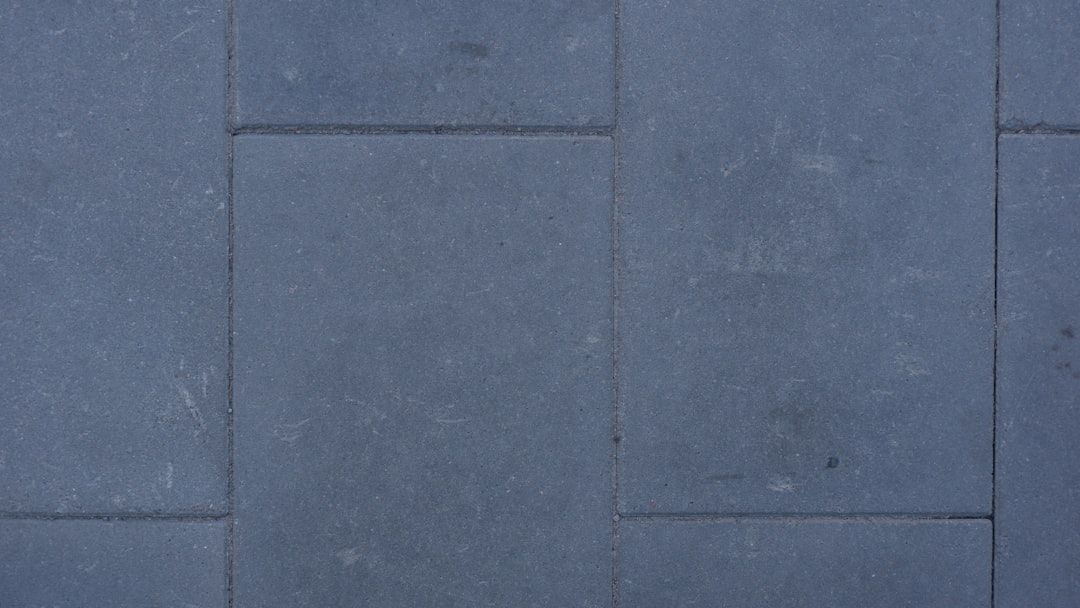
Different pavers patterns can dramatically transform your outdoor space, adding both style and functionality.
They provide a way to personalize your patio or walkway and make it uniquely yours. Here's a quick overview of what you need to know if you're in a hurry:
- Running Bond: Easy to install, ideal for beginners.
- Herringbone: Great for high-traffic areas, very sturdy.
- Basket Weave: Offers a charming vintage look.
- Modular Patterns: Flexible and customizable, multiple shapes and sizes.
- Asymmetrical/Random: Natural, organic feel, perfect for a rustic aesthetic.
In this guide, we'll dive into various paver patterns and help you understand their benefits. From traditional designs to modern modular layouts, you'll find how to select the right pattern to improve your landscape.
By understanding these different pavers patterns, you can choose the one that best fits your space and style. Up next, we'll discuss how to select the right pattern based on your specific needs and preferences.
Running Bond: Another simple yet effective pattern, the running bond lays pavers end-to-end in rows. This pattern is not only modern but also makes small spaces appear larger.
Pinwheel: This pattern involves placing pavers in a circular arrangement, creating the illusion of a spinning pinwheel. It's perfect for adding a unique focal point to your patio or garden.
Multi-Shape Cobble-Style: This pattern combines various shapes and sizes in a seemingly random layout, reminiscent of old European streets. It's perfect for creating a textured, old-world feel in your outdoor space.
Octagonal Pattern: Using octagonal pavers, this pattern creates a unique and eye-catching design. It works well with various paver materials, including concrete, clay, and interlocking pavers.
By understanding the various different pavers patterns, you can select the one that best suits your style and functional needs. Up next, we'll provide some essential installation tips to ensure your paver project is a success.
Understanding Different Pavers Patterns
When designing a new patio or walkway, the paver pattern you choose can make a big impact. From traditional to modular to asymmetrical designs, each pattern has its own unique look and feel. Let's explore different pavers patterns and their benefits.Traditional Paver Patterns
Traditional patterns are timeless and versatile. They work well in various settings, especially smaller spaces.Running Bond
The running bond pattern is simple and neat. Pavers are laid end-to-end in rows, creating a seamless flow. This pattern is easy to install and requires minimal cutting, making it ideal for beginners.Herringbone
The herringbone pattern is more complex but offers excellent stability. Pavers are laid in a zig-zag pattern, either at a 45 or 90-degree angle. This pattern is perfect for high-traffic areas like driveways because it resists shifting.Basket Weave
The basket weave pattern resembles a woven basket. It alternates pairs of pavers laid horizontally and vertically. This pattern offers a vintage charm and works well in traditional landscapes.Modular Paver Patterns
Modular patterns are great for larger spaces and contemporary designs. They use multiple shapes and sizes to create dynamic layouts.3-Piece Modular Patterns
In a 3-piece modular pattern, three different sizes of pavers are arranged in a repeating sequence. This adds visual interest and reduces repetition, making the space look more modern.4-Piece Modular Patterns
The 4-piece modular pattern takes it up a notch by incorporating four different sizes. This pattern is even more flexible and customizable, allowing for intricate designs that can suit any style.Asymmetrical and Random Patterns
Asymmetrical patterns create a natural, organic look. They are ideal for rustic or informal settings.Natural Look
Asymmetrical patterns often mimic natural stone formations. They use irregular shapes and sizes to create a more organic appearance. This is perfect for gardens and pathways that aim for a natural aesthetic.False Joints
Some pavers come with false joints that give the illusion of multiple shapes laid at random. This simplifies installation while achieving a complex look.Multi-Shape Cobble-Style
Multi-shape cobble-style patterns combine different shapes and sizes in a random layout. This creates a textured, old-world feel, reminiscent of European cobblestone streets.By understanding these different pavers patterns, you can choose the one that best fits your space and style. Up next, we'll discuss how to select the right pattern based on your specific needs and preferences.
Choosing the Right Paver Pattern for Your Space
Selecting the right paver pattern is crucial for enhancing the beauty and functionality of your outdoor space. Whether you're aiming for a modern look, a Mediterranean vibe, or a durable driveway, the pattern you choose can make a significant difference.Modern and Geometric Patterns
Modern and geometric patterns are perfect for those who love clean lines and contemporary designs. These patterns often feature simple, repetitive layouts that create a sleek and sophisticated look.Simple Patterns
Stack Bond: This pattern involves laying pavers in a straight, grid-like fashion. It's straightforward and creates a minimalist, modern appearance. Ideal for patios and walkways, it requires minimal cutting and is easy to install.Running Bond: Another simple yet effective pattern, the running bond lays pavers end-to-end in rows. This pattern is not only modern but also makes small spaces appear larger.
Geometric Designs
Herringbone: A favorite for its stability and visual appeal, the herringbone pattern involves laying pavers in a zig-zag formation. This pattern is excellent for driveways and high-traffic areas because of its strong interlock, which resists shifting.Pinwheel: This pattern involves placing pavers in a circular arrangement, creating the illusion of a spinning pinwheel. It's perfect for adding a unique focal point to your patio or garden.
Mediterranean and Tuscan Styles
For a warm and inviting outdoor space, consider Mediterranean and Tuscan styles. These patterns often feature random layouts and irregular shapes to mimic the rustic charm of Southern Europe.Random Patterns
Irregular Flagstones: These pavers create a natural, organic look. They are ideal for pathways and patios, giving your space a rustic and naturalistic appearance. The irregular shapes add a touch of spontaneity and charm.Multi-Shape Cobble-Style: This pattern combines various shapes and sizes in a seemingly random layout, reminiscent of old European streets. It's perfect for creating a textured, old-world feel in your outdoor space.
Irregular Layouts
Fan Pattern: Popular in European settings, the fan pattern involves laying pavers in a series of interlocking arches. This pattern is excellent for walkways and entrance points, adding a welcoming touch.Octagonal Pattern: Using octagonal pavers, this pattern creates a unique and eye-catching design. It works well with various paver materials, including concrete, clay, and interlocking pavers.
Driveways and High-Traffic Areas
Driveways and high-traffic areas require patterns that are not only beautiful but also durable and capable of handling weight and wear.Herringbone Pattern
The herringbone pattern is a top choice for driveways and high-traffic areas . Its zig-zag layout provides excellent structural integrity, distributing weight evenly and resisting shifting. This pattern is also visually appealing, adding a touch of sophistication to your driveway.Structural Integrity
For areas that need to handle heavy loads, consider patterns that offer strong interlock and stability. The herringbone and basket weave patterns are excellent choices, as they can withstand significant weight and resist movement.Weight Handling
Choosing the right pattern for high-traffic areas ensures your pavers remain intact and beautiful for years. Patterns like the herringbone and stack bond are not only visually appealing but also practical for areas that experience frequent use and heavy loads.By understanding the various different pavers patterns, you can select the one that best suits your style and functional needs. Up next, we'll provide some essential installation tips to ensure your paver project is a success.
Installation Tips for Different Paver Patterns
Basic Installation Tips
Stack Bond: One of the simplest and most beginner-friendly paver patterns is the Stack Bond. This pattern involves lining up pavers corner-to-corner in a straight line, creating a grid-like appearance. It's ideal for DIY enthusiasts because it requires minimal cutting and is easy to keep straight and square.Pro Tip: To ensure your Stack Bond pattern stays neat, use a string line as a guide. This will help you maintain straight rows and even spacing.
Tools Needed:
- String line
- Tape measure
- Rubber mallet
- Level
Common Mistakes:
- Not using a string line, leading to uneven rows.
- Failing to compact the base properly, causing pavers to shift over time.
Advanced Installation Tips
Five Stone Pattern: This pattern uses five different sizes of stones to create a visually stunning collage. Although it looks complex, it's a bonafide pattern that can be easily followed.Random Layouts: While the term "random" might suggest chaos, a well-executed random layout follows specific guidelines to avoid structural issues. The key is to prevent four corners from meeting and to avoid long continuous lines between stones.
Pro Tip: If you end up with four corners meeting, simply swap out one of the stones for a different shape to maintain structural integrity.
Tools Needed:
- Wet saw or masonry saw (for cutting stones)
- Tape measure
- Rubber mallet
- Level
Common Mistakes:
- Allowing four corners to meet, which weakens the structure.
- Creating long, continuous lines that can lead to shifting and instability.
Avoiding Structural Issues: Whether you're laying a simple or complex pattern, the structural integrity of your paver installation is crucial. Patterns like the Herringbone and Running Bond offer more stability due to their interlocking nature.
Pro Tip: When laying a Herringbone pattern for driveways, run it width-wise to maximize stability. By following these installation tips and using the right tools, you can ensure your paver project is both beautiful and durable. Up next, we'll tackle some frequently asked questions about paver patterns to help you make informed decisions.
Frequently Asked Questions about Paver Patterns
What is the most efficient paver pattern?
The Herringbone pattern is often considered the most efficient paver pattern. This is because of its structural strength and ability to handle weight. The interlocking zigzag design distributes weight evenly, making it ideal for high-traffic areas like driveways and walkways.Pro Tip: For maximum stability, lay the Herringbone pattern width-wise across the driveway.
How do I choose a paver pattern?
Choosing the right paver pattern involves considering several factors:- Style Considerations: Match the pattern to your home's architectural style. For a modern look, geometric designs like Stack Bond or Running Bond work well. For a more rustic or natural feel, consider irregular flagstones or random layouts.
- Space Impact: The size of your space can influence your choice. Linear patterns like Running Bond can make a small patio appear larger, while more intricate designs like Basketweave add visual interest to larger areas.
- Landscape Design: Think about how the pattern integrates with your overall landscape. Patterns can define different areas, like separating a dining space from a garden path.
What is the easiest paving pattern?
The Stack Bond pattern is the easiest to install. It involves laying pavers in straight, even rows, making it perfect for beginners.Steps:
- Lay pavers corner-to-corner in a straight line.
- Use a string line to keep rows straight.
- Minimal cutting required.
Tools Needed:
- String line
- Tape measure
- Rubber mallet
- Level
By understanding these key points, you can confidently choose and install the right paver pattern for your space.
Conclusion
Choosing the right paver pattern can transform your outdoor space, adding both beauty and functionality. From the structural integrity of Herringbone to the simplicity of Stack Bond, each pattern has its unique benefits.Summary
Understanding the different pavers patterns available helps you make an informed decision. Traditional patterns like Running Bond and Basketweave offer timeless appeal, while modular and asymmetrical patterns provide a modern twist. The right pattern can improve the look of your home, whether you’re aiming for a contemporary feel or a rustic charm.Choosing the Right Pattern
When choosing a paver pattern, consider these factors:- Style: Match the pattern to your home’s architectural style.
- Space Size: Use linear patterns to make small spaces appear larger.
- Landscape Design: Think about how the pattern integrates with your overall landscape.
KG Landscape Management
At KG Landscape Management, we specialize in helping you choose the perfect paver pattern for your space. Our talented design staff can guide you through the entire process, from material selection to installation. Need professional help with your project? Contact us today for an online quote request . We’re here to make your landscaping dreams a reality.In conclusion, the right paver pattern can make a significant impact on your outdoor space. Whether you’re a DIY enthusiast or prefer professional installation, understanding your options is the first step to creating a beautiful and functional landscape.

